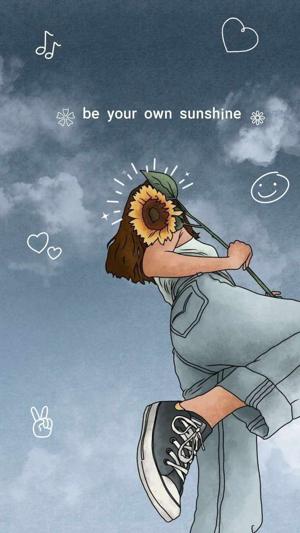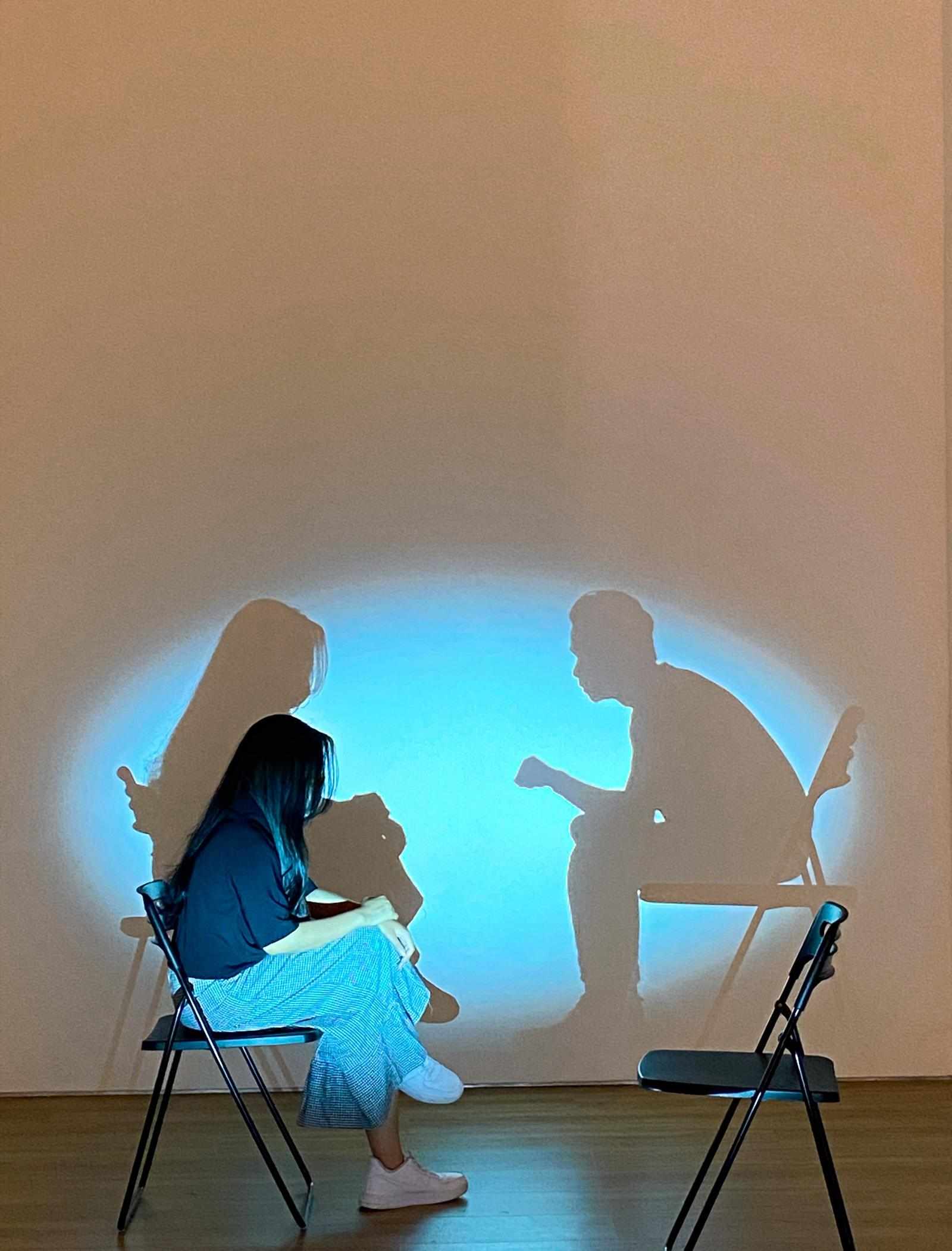Ryaan's POV
Today I met someone older.
Not an adult — not quite.
Maybe 17. 18 at most.
His name was Ameen.
He had tired eyes. Not sleepy-tired.
But life-tired.
The kind you only get from watching everything you love disappear.
He found us near the water tanks, where I was trying to fill a bottle.
I was struggling — the tap barely coughed up a few drops.
He helped me twist it right, showed me how to tilt the bottle just so.
Then he sat down and lit a piece of paper like it was a cigarette — just to watch it burn.
He said, “You from the south?”
I nodded. “Khan Younis.”
He said, “Same.”
And just like that, I felt something.
Like I wasn’t completely alone in my grief.
---
I asked him if he had family.
He didn’t answer at first.
Just looked up at the sky like he was trying to remember what stars used to look like.
Then, in the softest voice, he said,
“I buried my little brother with my bare hands.”
I froze.
I didn’t know what to say.
He continued.
“We were running after the second strike. The wall collapsed. He was just six.
I tried digging. Screaming. My nails broke. My voice broke.
But by the time I pulled him out… he wasn’t moving.”
His voice didn’t shake.
But his hands did.
Slightly.
Like the pain was always there, quietly trembling beneath his skin.
---
He told me his mother had made him promise to protect the family.
She said, “You’re the oldest. They’ll look to you.”
He smiled bitterly and said,
“But they’re all gone. So what does that make me now?”
I didn’t have an answer.
Because I’ve been asking myself the same thing every day.
---
Then he looked at me and said something I won’t forget:
“You think you’re weak because you cry. But the weak ones don’t cry. They stop feeling.”
That hit me.
Because I’ve been ashamed of my tears.
Ashamed of how much I miss Mama, Baba.
Ashamed that I still want to hear lullabies and not sirens.
But maybe he’s right.
Maybe the crying means I still have something human inside me.
---
Before he left, Ameen handed me a folded piece of cloth.
“I don’t need it anymore,” he said.
It was a tiny scarf — red and white.
He said it belonged to his brother.
“Keep it for her,” he nodded toward Maryam.
“Let her have something soft.”
I took it. Carefully.
It felt like he was giving me a piece of someone he couldn’t carry anymore.
---
And now I sit, writing this, with the scarf in my hands.
Maryam is sleeping with it tucked near her face.
I think of Ameen’s eyes.
Of his silence.
Of the way pain doesn't always scream — sometimes it just sits quietly beside you, waiting to be heard.
---
There are so many like him.
So many stories buried beneath rubble, or whispered between hunger and hope.
So much grief, it could drown the sky.
And still…
we live.
We speak.
We write.
Maybe that’s the only war we can win:
To remember.
To feel.
To keep telling the stories the world tries to forget
Today I watched Maryam draw in the dirt.
She made a house.
A sun.
A stick-figure family — a little girl, a boy with spiky hair, a mother with long arms, and a smiling father.
Then a line.
A big, sharp line crossing it all out.
She didn’t even realize what she’d drawn.
But I did.
And it broke me.
---
I looked up at the sky again.
Not because I was hoping for something.
But because I kept wondering...
Who’s up there?
Not God. I still believe in God — maybe.
But I mean them.
The ones flying the jets.
Dropping the bombs.
Writing the orders.
Who are they?
What kind of people do this to children?
What kind of person presses a button
— knowing —
that someone like Maryam might be beneath that roof?
That someone like me is clinging to a sister, hoping the next strike misses by an inch?
Do they sleep at night?
Do they go home and eat dinner with their kids — laugh, scroll their phones, kiss their wives —
while we are digging through ash for a photo, for a slipper, for a hand?
---
I used to think monsters had claws and red eyes.
Now I think maybe they wear uniforms.
Maybe they sit in tall buildings.
Maybe they talk about “strategy” and “targets.”
And maybe…
maybe they forget we are human.
---
I asked myself something horrible today.
If they walked through this shelter —
if they saw Maryam’s eyes,
or the little boy with no name,
or Ameen holding a photo of his dead brother —
would they still do it?
Would they still press the button?
And the worst part is…
I don’t know anymore.
---
What did we do?
What crime did we commit by being born here?
Why are our homes threats?
Why are our playgrounds targets?
Why is my mother’s laugh gone — forever — because someone far away thought this place needed to be "cleared"?
Cleared of what?
Of us?
---
You know what I think?
I think the worst kind of evil is the one that wears a mask of logic.
That says, “This is necessary.”
That says, “This is war.”
That says, “It’s unfortunate, but...”
But we are not a footnote.
We are not an accident.
We are not “collateral.”
We were a family.
We were dreams.
We were birthdays, and schoolbags, and bedtime stories.
Now we are shadows.
---
I don’t know what kind of people do this.
But I know what kind of people survive it.
People like Maryam.
Like Ameen.
Like the little boy who still won’t speak.
Like me.
We are not warriors.
We are not soldiers.
We are what war leaves behind.
And somehow… we are still here.


Write a comment ...